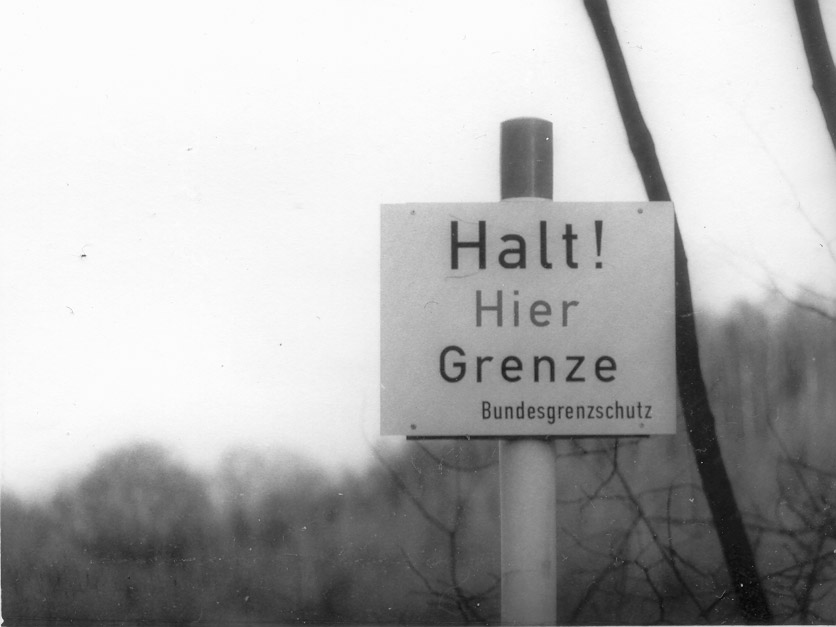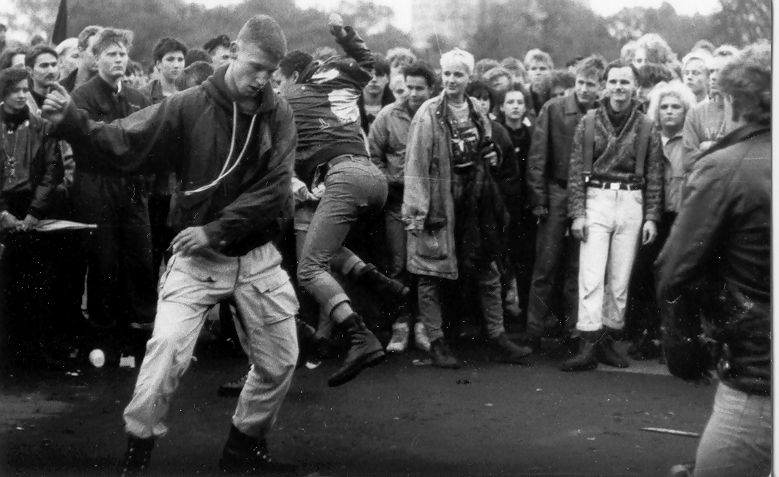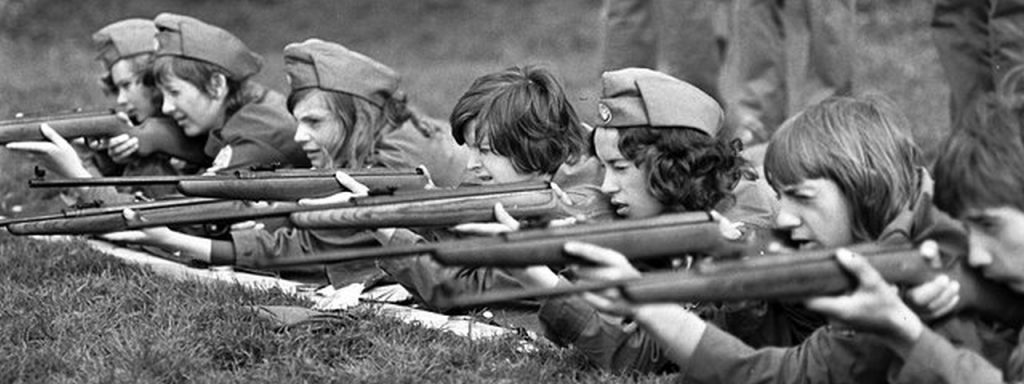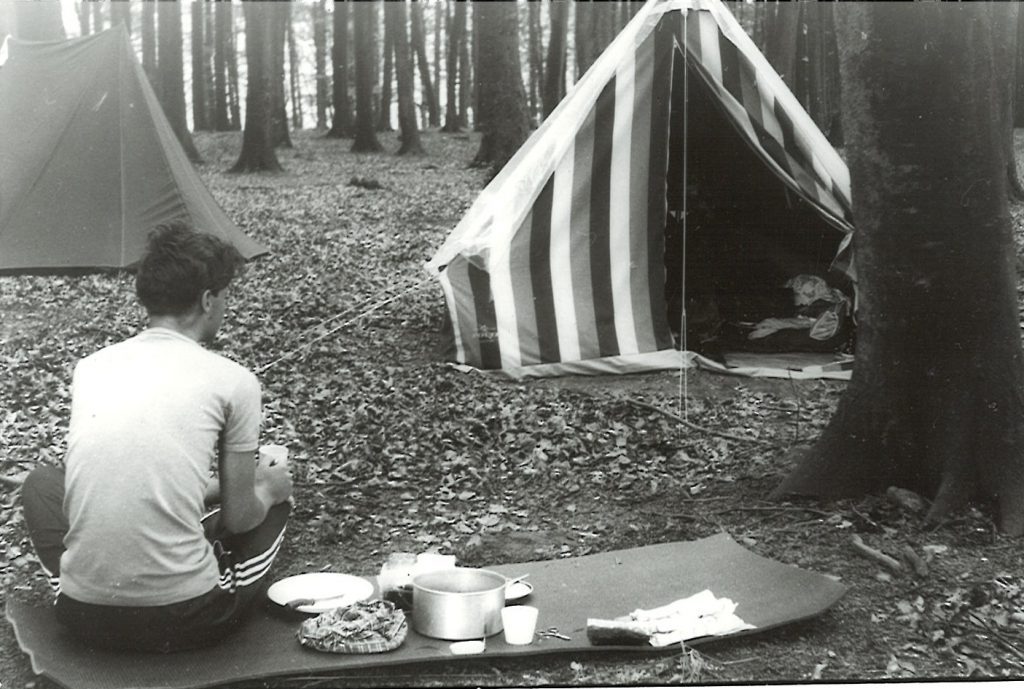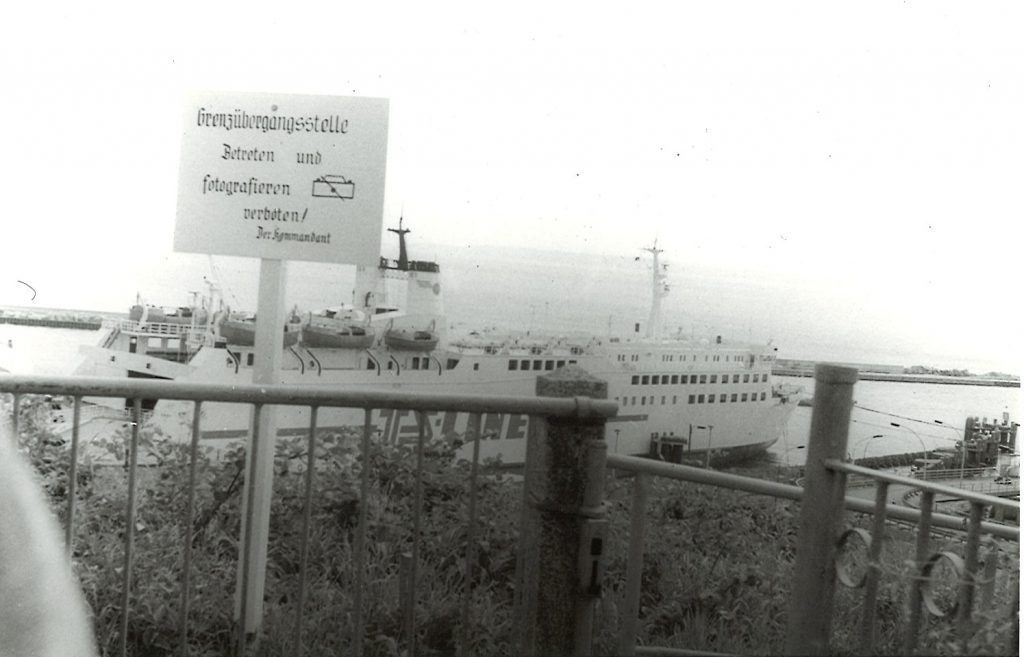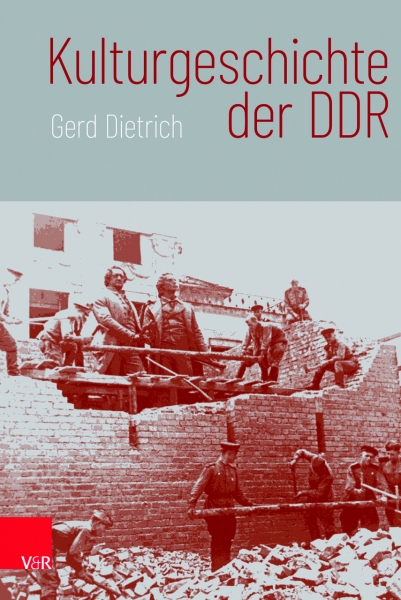October and kingdoms rise
And kingdoms fall
But you go on
And on.
(U2 – October, 1982)
I have two beginnings for this blog post. I’m not sure I have a suitable ending.
Opening one: I’m just back from a discussion, with Naika Foroutan, about East-German migration analogies and prejudices against East-Germans, here at the local Literarisches Zentrum. “Here” means: Göttingen, West-Germany, for me, an East German by origin, my home of seven years now. Diaspora as well as home. “Here” also means: amongst an audience of, primarily, West-Germans. Naika Foroutan and host Robert Pausch are West Germans, too. They (“they”) speak about East Germans (“us”). Some of “us” are in the room. Their safeguard is the “objectivity” of the (social) sciences. “Objectivity” implies an object. An object implies a subject. Who’s who? I can feel I am one of the objects here, regardless whether I want to or not, and someone else assumes the role of the subject-agent. I observe.
